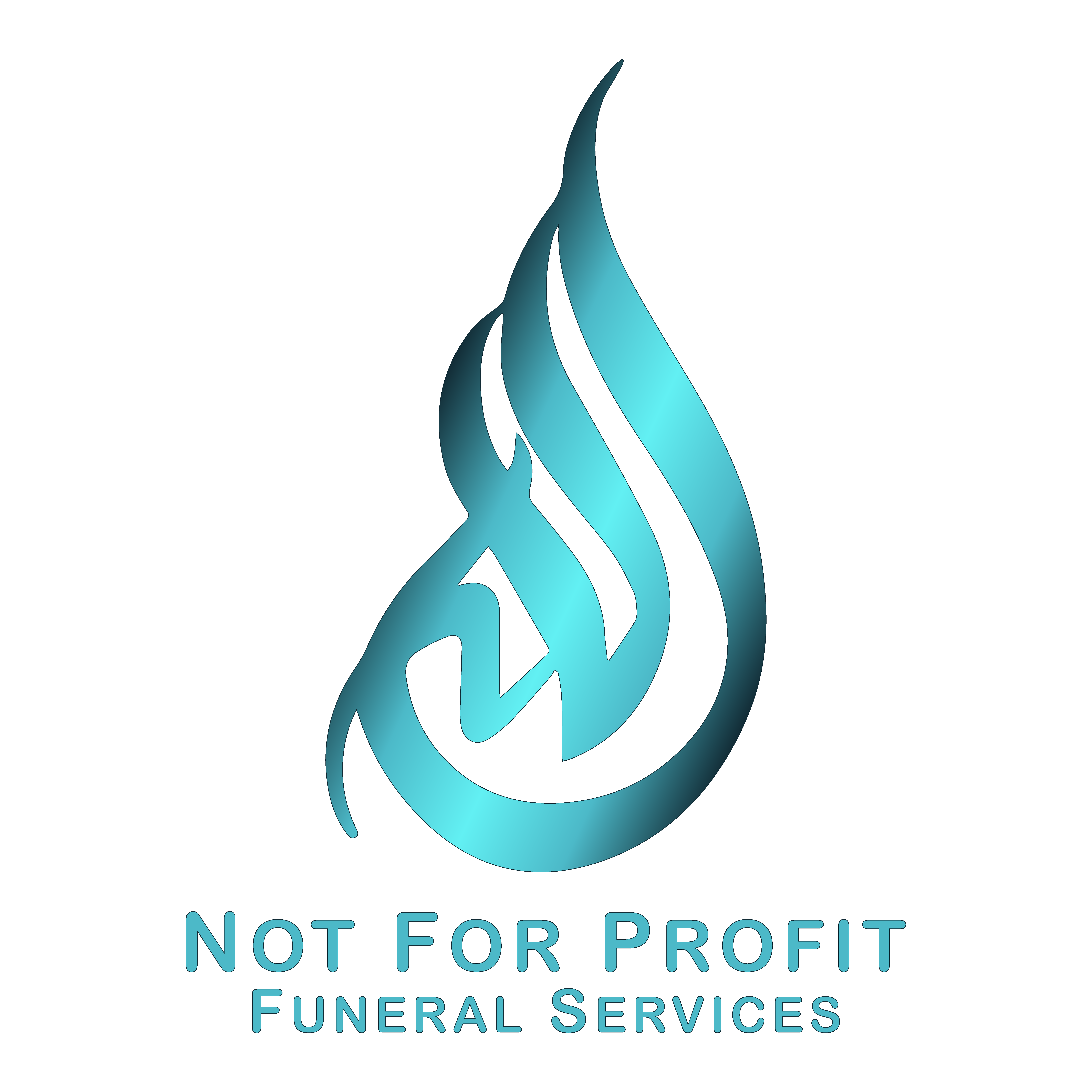Community Needs
Assessing the Community Needs for a Mortuary in Melbourne West
- 1. Introduction
- 2. Methodology
- 3. Findings
- Growing Muslim Population
- Limited Access to Mortuary Facilities
- Cultural Sensitivity
- Convenience and Accessibility
- Capacity and Resources
- 4. Conclusion
Introduction:
In response to the growing demand for funeral services within the Muslim community in Melbourne West, the not-for-profit funeral service team conducted a comprehensive assessment to evaluate the necessity of establishing a mortuary facility in the vicinity. This research document aims to present the findings of the assessment, highlighting the identified community needs and the rationale for the proposed mortuary.
Methodology:
Findings:
The assessment revealed a significant increase in the Muslim population within Melbourne West, attributed to factors such as migration, birth rates, and the influx of new residents. This demographic shift has resulted in a higher demand for culturally sensitive funeral services that align with Islamic customs and traditions.
Community members expressed difficulties in accessing mortuary facilities that cater specifically to Islamic funeral requirements. Existing facilities are often located at a considerable distance from the communities in Melbourne West, leading to logistical challenges and delays in funeral arrangements.
